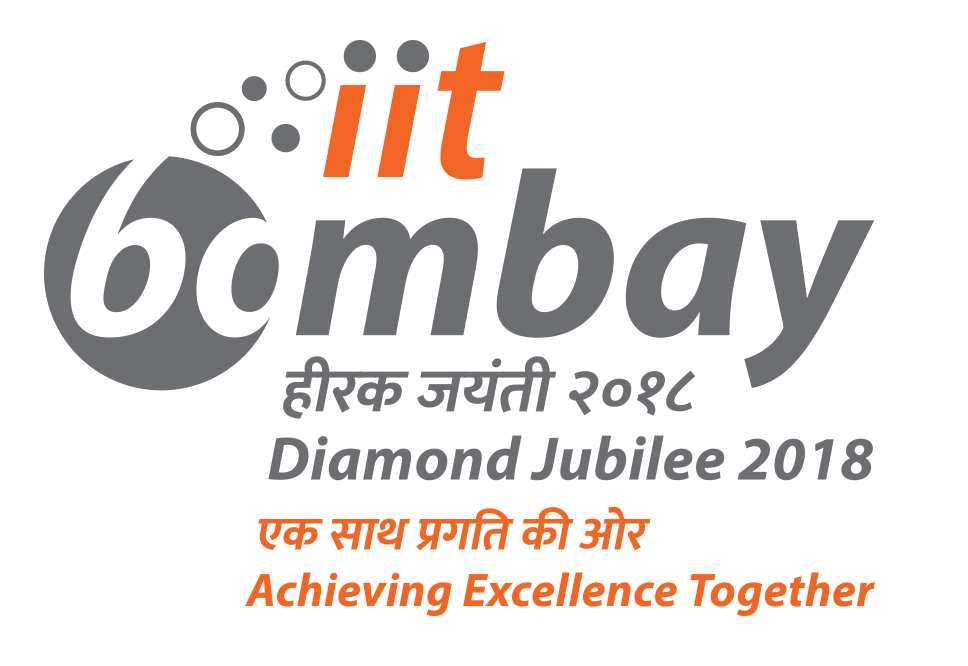Title: Nanoscience and technologies for complex systems
Speaker: Dr. Siddharth Ghosh, University of Cambridge, UK
Abstract: My research interests revolve around complex-systems. I am interested to develop quantum coherent (in other words non-dissipative) methods to detect single molecules and measure fast dynamics. Some of the key interdisciplinary topics of my research are confined light-matter interaction,single-molecule nanofluidics, noninvasive functional dynamic mapping of cells, mesoscopic persistent current in macromolecules, and a living-lab of research-education. I will give an overview of nanotribology of soft-matter (like PDMS and articular cartilage) and nanomechanics of atomic defects in inorganic hard-matter. The nanoscale continuum is fragile in fluid when single-molecules flow at the border of continuum and quantum world, it is intruiging to play at this interface to see who wins. In quantum mechanics, phonons represent vibrational relaxation of a quantum systems. Can we see an interface where phonons and electrons couple to each other? To answer this, I will also touch upon experimental and theoretical insight of light-matter interaction in nanomaterials, like carbon nanodots, graphene quantum dots, and ZnO nanorods. In order to play in this fields, maniplulation of optics and electron-optics is important. I will also show how to use single-photon optics to beat the resolution of conventional optical lithography by demonstrating a method for ultra-high aspect nanostructures and electron-beam to enclose nanotrenches to create nanofluidic channels. If time permits, I will talk about single nanoparticle electrostatic traps, mesoscopic persistent current, and a living-lab situation which I have been developing to understand the evolution of research-based education from the perspective of quantum coherence.

